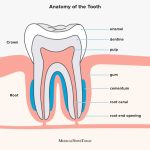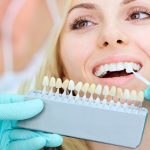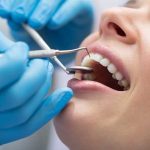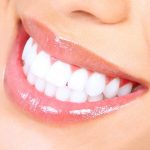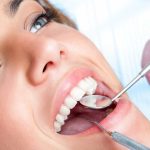Why Do My Teeth Hurt When I Wake Up? Exploring the Causes and Solutions
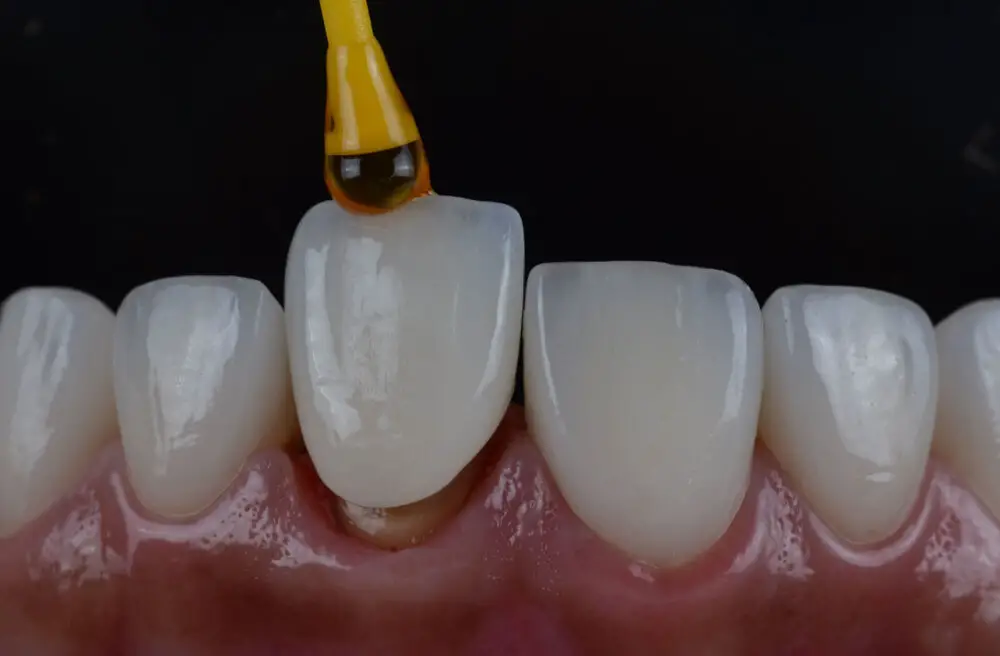
Waking up with tooth pain can be an uncomfortable and frustrating experience. It can make it difficult to start the day with a positive attitude, and it can even affect your ability to eat or drink. Tooth pain can have a variety of causes, and it’s important to identify the root of the problem in order to find an effective solution. Whether your tooth pain is sharp and sudden or dull and persistent, understanding the causes of your discomfort can help you take the necessary steps to alleviate it. There are several potential reasons why your teeth might hurt when you wake up. One common cause is bruxism, or teeth grinding. This condition can occur during sleep or while awake, and it can cause a range of symptoms, including tooth sensitivity, jaw pain, and headaches. Another possible culprit is tooth decay, which can cause sharp, shooting pain or a dull ache that persists throughout the day. Other causes of tooth pain upon waking might include gum disease, abscesses, or even sinus infections. By exploring the various causes of tooth pain, you can gain a better understanding of your own symptoms and work with your dentist to find an effective treatment plan.
Waking up with teeth pain is a common issue that numerous individuals face. One of the primary reasons for this discomfort is bruxism, which is the grinding or clenching of teeth while sleeping. This habit can put significant pressure on the teeth and jaw, leading to soreness and pain in the morning. Additionally, poor sleeping posture can also contribute to teeth pain, as lying in an awkward position can put undue stress on the jaw and teeth. Other potential causes of morning teeth pain include tooth decay, gum disease, and even stress. Identifying the underlying cause of the pain is crucial to finding the appropriate treatment, which may include the use of a mouth guard, improving sleep habits, or visiting a dentist for further evaluation.
Identifying the underlying cause of tooth pain is of utmost importance as it helps in finding the right solution to get rid of the pain. Tooth pain can occur due to a plethora of reasons, ranging from tooth decay, gum disease, grinding teeth, sinusitis, and even stress. By identifying the root cause of the pain, one can take the necessary steps to prevent it from occurring again in the future. This may include maintaining proper oral hygiene, getting dental fillings, or even seeking medical treatment for sinusitis. Neglecting the underlying cause of tooth pain can result in severe consequences, including tooth loss, infections, and even chronic pain. Therefore, it is essential to seek the advice of a dentist or medical professional to identify the cause of tooth pain and take the necessary steps to address it.
Bruxism
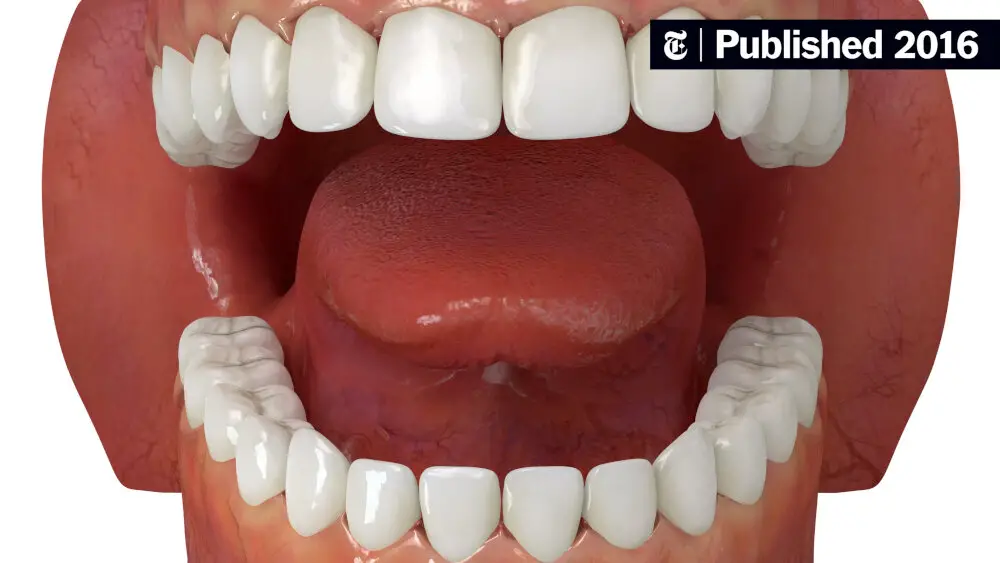
Bruxism is a condition characterized by excessive teeth grinding or jaw clenching, often experienced during sleep. It can lead to headaches, jaw pain, and tooth sensitivity, among other discomforts. The causes of bruxism are not entirely clear, but it is believed to be linked to stress and anxiety, as well as certain medical conditions and medications. People who consume caffeine, alcohol, or tobacco products may also be more susceptible to bruxism. Treatment options for bruxism typically focus on reducing stress levels and addressing any underlying medical conditions. A dentist may also recommend a nightguard or mouthguard to protect the teeth and alleviate symptoms. If left untreated, bruxism can lead to serious dental problems such as worn down teeth, jaw disorders, and even tooth loss. In addition to dental issues, bruxism can also impact overall quality of life, leading to disrupted sleep and increased stress levels. It is important to seek treatment for bruxism as soon as possible to prevent these complications. Lifestyle changes, such as reducing caffeine and alcohol intake, practicing stress-reducing techniques such as meditation or yoga, and avoiding chewing gum or hard foods, may also help manage symptoms of bruxism. With proper treatment and care, individuals with bruxism can alleviate their symptoms and improve their overall oral health and well-being.
Bruxism is an oral parafunctional activity, which means an activity related to the mouth that is not related to eating, speaking or swallowing. It is characterized by the clenching or grinding of the teeth, either during sleep or while awake. It is a common condition that can lead to a variety of dental problems, including tooth sensitivity, worn enamel, and even tooth loss. Bruxism can be caused by a variety of factors, including stress, anxiety, sleep disorders, and certain medications. Treatment options for bruxism include the use of night guards or splints to protect the teeth, stress reduction techniques, and in severe cases, medication or surgery.
Bruxism, commonly known as teeth grinding or clenching, can cause teeth pain in the morning. This condition occurs when an individual unconsciously grinds or clenches their teeth, often during sleep. The excessive force and pressure applied to the teeth can result in tooth sensitivity, jaw pain, and headaches. Over time, bruxism can also lead to tooth wear, chips, and fractures, which can further exacerbate the pain. Seeking treatment for bruxism, such as wearing a mouthguard or practicing stress-reducing techniques, can help alleviate the teeth pain and prevent further damage to the teeth and jaw.
Prevention and treatment options for bruxism, also known as teeth grinding, include various lifestyle changes and medical interventions. To prevent bruxism, it is recommended to avoid consuming caffeine and alcohol, manage stress levels, and practice relaxation techniques such as yoga or meditation. To treat bruxism, a dentist may recommend wearing a dental nightguard to prevent tooth damage during sleep. Additionally, addressing any underlying dental issues such as misaligned teeth or a poorly fitting dental restoration may also help alleviate bruxism symptoms. In more severe cases, medication or cognitive behavioral therapy may be recommended. It is important to seek treatment for bruxism to prevent long-term damage to teeth and jaw muscles.
Gum Disease
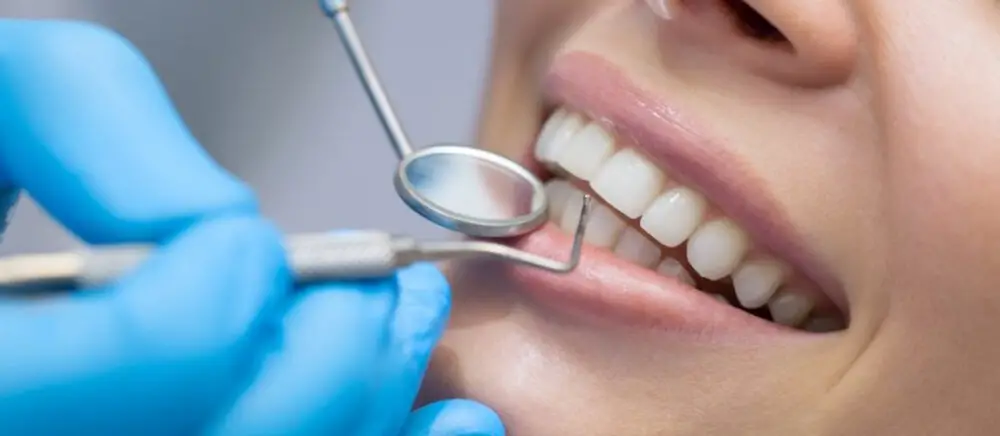
Gum disease, also known as periodontal disease, is a common oral health condition that affects many individuals. This condition occurs when the gums become inflamed and infected, leading to a range of symptoms such as bleeding gums, bad breath, and tooth loss. Gum disease can be caused by a variety of factors, including poor oral hygiene, smoking, certain medications, and genetic predisposition. If left untreated, gum disease can progress and cause significant damage to the teeth and supporting structures, leading to tooth loss and other serious health problems. Preventing gum disease is essential for maintaining good oral health. Brushing and flossing regularly, using an antiseptic mouthwash, and visiting the dentist for regular checkups and cleanings can all help prevent gum disease. If you do develop gum disease, treatment options may include scaling and root planing, antibiotics, and in severe cases, surgery. It is important to seek treatment promptly to prevent the progression of the disease and protect your oral health. By taking steps to prevent gum disease and seeking timely treatment, you can maintain healthy teeth and gums for a lifetime.
Gum disease, also known as periodontal disease, is an infection of the gums that can lead to tooth pain. It is caused by the buildup of plaque and tartar on teeth, which can irritate and inflame the gums. Over time, this inflammation can cause the gums to pull away from the teeth, forming pockets where bacteria can thrive. As the infection progresses, it can damage the supporting structures of the teeth, leading to tooth pain and even tooth loss. Poor oral hygiene, smoking, genetics, and certain medical conditions can all increase the risk of gum disease. Maintaining good oral hygiene practices, such as brushing and flossing regularly, can help prevent gum disease and alleviate tooth pain.
One of the most common causes of tooth pain upon waking up is gum disease. Gum disease, also known as periodontal disease, is a bacterial infection that affects the gums and bone supporting the teeth. Symptoms of gum disease include red, swollen or bleeding gums, chronic bad breath, and receding gums. In severe cases, gum disease can lead to tooth loss and other serious health problems, such as heart disease and stroke. It is important to maintain good oral hygiene habits, such as brushing and flossing daily, and visiting the dentist regularly to prevent and treat gum disease.
Preventing gum disease is crucial for maintaining good oral health. This can be achieved by practicing good oral hygiene habits such as brushing twice a day, flossing daily, and using mouthwash. Regular dental check-ups and cleanings are also recommended to remove plaque and tartar buildup. Treatment options for gum disease vary depending on the severity of the condition. Mild cases can be treated with a deep cleaning called scaling and root planing. More advanced cases may require surgical intervention, such as gum grafts or bone regeneration. It is important to seek treatment as soon as possible to prevent further damage and potential tooth loss.
Sinus Infections
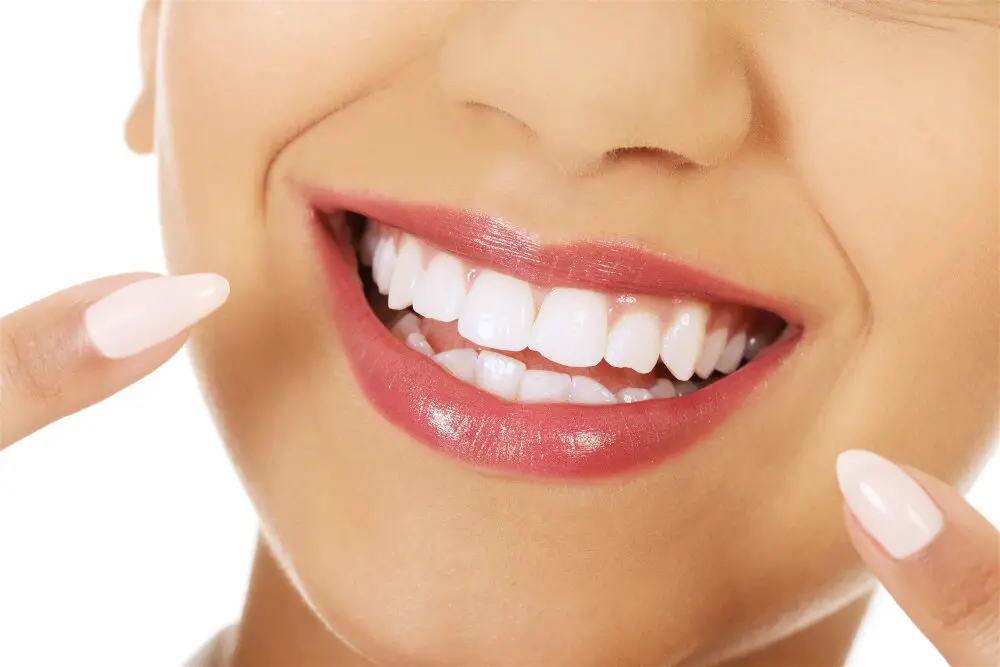
One possible paragraph on sinus infections in the context of teeth pain in the morning could be:Sinus infections, also called sinusitis, can cause a wide range of symptoms that affect the head and face. When the sinuses, which are air-filled cavities in the skull, become inflamed or infected, they can produce pressure, pain, congestion, and discharge. The sinuses are connected to the nasal passages, which are lined with mucous membranes that produce mucus to help filter, humidify, and warm the air we breathe. However, when the sinuses are blocked or irritated, the mucus can accumulate and become thick, leading to a condition known as post-nasal drip. This excess mucus can drip down the back of the throat and irritate the tissues, including the tonsils, the uvula, and the teeth. Some people may experience toothache, especially in the upper teeth, as a result of the sinus pressure and inflammation. The pain can be dull, throbbing, or sharp, and may worsen when lying down or bending over. In addition, the sinuses are close to the roots of the upper molars, which can also contribute to tooth sensitivity and discomfort. Another possible paragraph on sinus infections and their solutions could be:If you suspect that your morning toothache is caused by sinusitis, you should consult a healthcare provider for a proper diagnosis and treatment. Depending on the severity and duration of your symptoms, your doctor may recommend over-the-counter pain relievers, nasal sprays, decongestants, or antibiotics. You can also try some home remedies to relieve the sinus pressure and congestion, such as using a humidifier, taking a hot shower, applying a warm compress to the face, drinking plenty of fluids, and avoiding irritants like smoke, dust, and allergens. In some cases, surgery may be needed to drain the sinuses or correct structural issues that contribute to chronic sinusitis. By addressing the underlying cause of your tooth pain, you can improve your overall health and quality of life.
Sinus infections, also known as sinusitis, can cause teeth pain due to the close proximity of the maxillary sinuses, located above the upper teeth, to the tooth roots. When the sinuses become inflamed and congested with mucus, the pressure can build up and cause pain in the surrounding areas such as the teeth and gums. Additionally, the nerves that supply sensation to the teeth and sinuses are closely intertwined and can cause referred pain. This pain may be a dull ache or a sharp, throbbing sensation and can often be confused with dental problems. Proper treatment of the sinus infection, such as antibiotics or decongestants, can alleviate the pressure and pain in the teeth.
One common cause of tooth pain upon waking up is a sinus infection. Symptoms of a sinus infection include pressure and pain around the eyes, forehead, and cheeks, as well as nasal congestion, postnasal drip, and a headache. The inflammation and swelling in the sinus cavities can put pressure on the roots of the upper teeth, causing pain and sensitivity. In some cases, the pain may also be accompanied by a fever, fatigue, and a cough. If you experience these symptoms, it is important to see a doctor to determine the underlying cause and receive appropriate treatment.
While sinus infections can be painful and uncomfortable, there are several treatment options available. The first step is to determine whether the infection is viral or bacterial, as this will determine the course of treatment. Viral infections typically resolve on their own within a week or two and can be managed with over-the-counter pain relievers and decongestants. Bacterial infections may require antibiotics, which should only be prescribed by a healthcare provider. In addition to medication, home remedies such as steam inhalation, saline nasal rinses, and warm compresses can also provide relief. For chronic sinus infections, surgery may be necessary to remove blockages or correct structural issues in the sinuses.
Tooth Decay
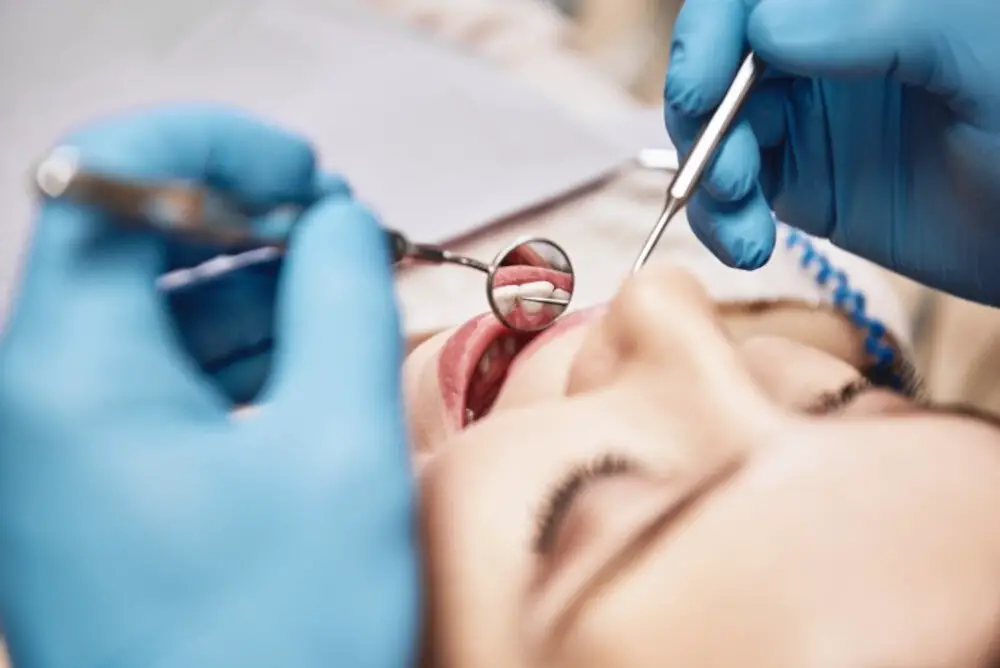
Tooth decay is a common dental problem that occurs when the protective outer layer of the tooth, called enamel, breaks down due to the acidic byproducts produced by bacteria in the mouth. This can lead to the formation of cavities, which are small holes in the tooth that can cause pain, sensitivity, and even infection if left untreated. Poor oral hygiene, a diet high in sugary or acidic foods, and certain medical conditions can all contribute to tooth decay. Preventing tooth decay involves maintaining good oral hygiene habits, such as brushing and flossing regularly, using fluoride toothpaste, and avoiding sugary and acidic foods and drinks. Regular dental checkups and cleanings can also help prevent tooth decay by allowing your dentist to identify and treat any early signs of decay before they become more serious. If you do develop a cavity, your dentist may recommend a filling or other dental treatment to repair the damage and prevent further decay from occurring.
Tooth decay, also known as dental caries, is a common cause of teeth pain. It occurs when acid-producing bacteria in the mouth feed on sugars and starches left on teeth and produce plaque buildup, which erodes tooth enamel and causes cavities. When cavities progress, they can reach the pulp of the tooth, which contains nerves and blood vessels. As a result, bacteria can infect the pulp and cause inflammation, leading to severe pain and sensitivity. Additionally, tooth decay can lead to gum disease, which can also cause pain and discomfort in the teeth and gums. Therefore, it is crucial to maintain good oral hygiene and seek professional dental care regularly to prevent and treat tooth decay and its associated pain.
Tooth decay is a common dental problem that affects millions of people worldwide. The symptoms of tooth decay can vary depending on the severity of the decay. Some common symptoms include tooth sensitivity, pain when biting or chewing, visible holes or pits in the teeth, and discoloration or darkening of the tooth. In advanced cases, tooth decay can cause severe pain, swelling, and even abscesses. If left untreated, tooth decay can lead to serious complications such as tooth loss, infection, and damage to the surrounding teeth and gums. It is important to seek prompt treatment if you suspect that you may have tooth decay to prevent further damage and preserve your dental health.
Tooth decay is a common dental problem that can cause pain and discomfort, and it can lead to more serious issues if left untreated. Prevention is the best approach to avoid tooth decay, and it involves good oral hygiene practices such as brushing twice a day with fluoride toothpaste, flossing daily, and reducing sugar intake. Regular dental check-ups and cleanings can also help prevent tooth decay. Treatment options for tooth decay include dental fillings, root canal therapy, and extractions in severe cases. It is important to seek prompt treatment for tooth decay to prevent further damage and restore oral health.
Teeth pain in the morning can be caused by several factors, including teeth grinding or clenching, sinus infections, gingivitis, or tooth decay. Bruxism, the medical term for teeth grinding or clenching, can lead to soreness in the teeth, jaws, and face. Sinus infections can cause pressure and pain in the upper teeth, while gingivitis and tooth decay can result in sensitivity and pain in the gums and teeth. Poor dental hygiene, stress, and certain medications can also contribute to morning teeth pain. It is important to identify the underlying cause of the pain and seek appropriate treatment to prevent further damage and discomfort.
It is crucial to seek professional dental care to identify and treat the underlying cause of tooth pain. Toothaches can be caused by a variety of issues, such as tooth decay, gum disease, teeth grinding, or infections. Without proper treatment, these conditions can worsen and lead to further complications, such as tooth loss or jawbone damage. A dental professional can accurately diagnose the cause of the pain and provide appropriate treatment to alleviate the discomfort and prevent further damage. Regular dental check-ups and cleanings can also help prevent tooth pain by catching and addressing any issues early on. Therefore, seeking professional dental care is critical in maintaining good oral health and preventing dental problems from becoming more serious.
Maintaining good oral hygiene habits is crucial to prevent dental issues in the future. Brushing your teeth twice a day, flossing daily, and using mouthwash can help remove plaque and bacteria that can cause tooth decay and gum disease. It is also important to visit your dentist regularly for check-ups and cleanings. Poor oral hygiene can lead to painful dental problems, such as cavities, gum disease, and tooth sensitivity, which can make it difficult to eat, sleep, or even talk. By taking care of your teeth and gums, you can avoid these problems and enjoy a healthy, pain-free smile for years to come.
Conclusion

In conclusion, waking up with tooth pain can be a frustrating and uncomfortable experience. However, it is essential to identify the underlying causes and seek appropriate solutions. Poor oral hygiene, teeth grinding, sinus infections, and even stress can contribute to tooth pain. Therefore, maintaining good dental hygiene, using a mouthguard, treating sinus infections, and reducing stress levels can alleviate tooth pain. Ignoring tooth pain can lead to severe dental issues, and seeking dental care promptly is crucial. Remember, a healthy smile starts with good oral hygiene habits and regular dental check-ups.


